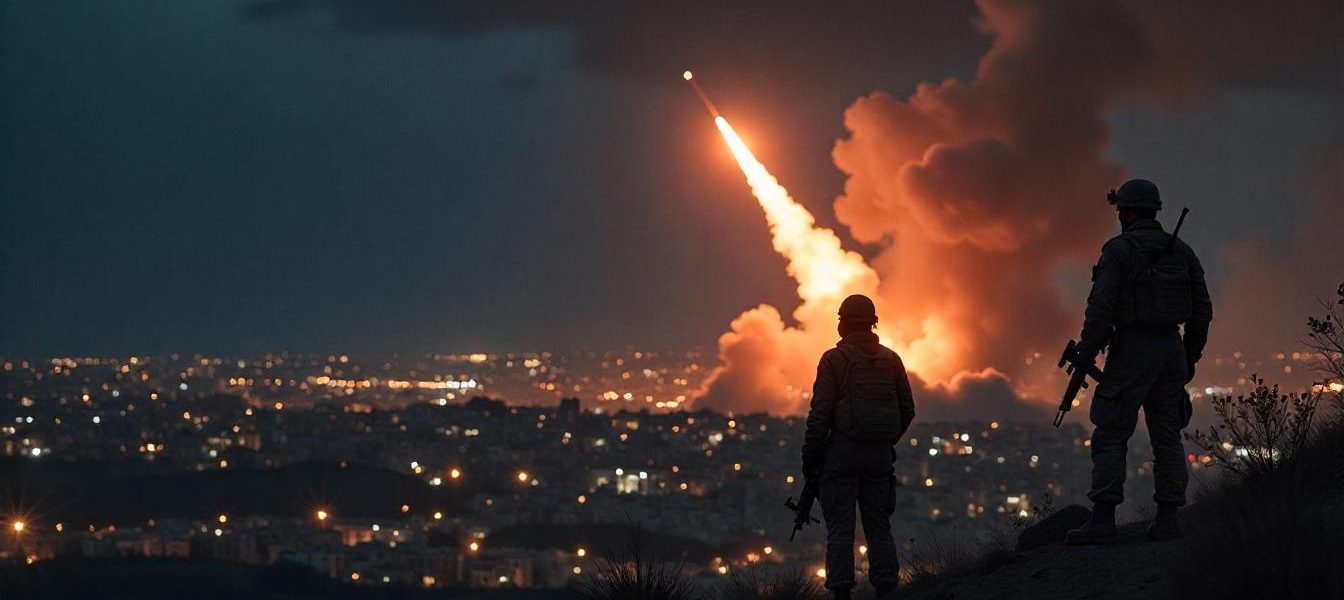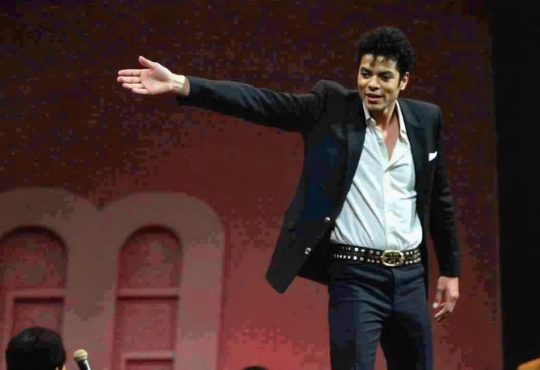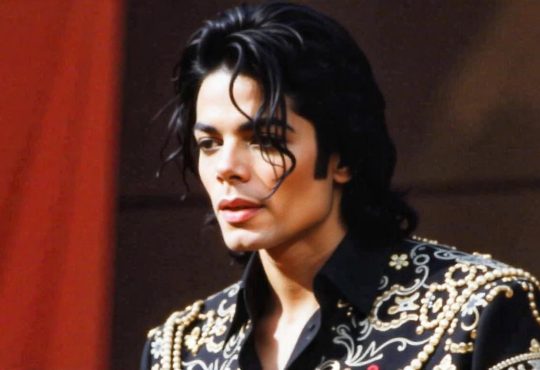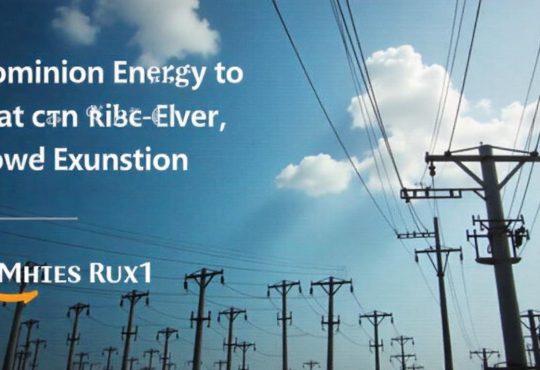
Iran Launches Consecutive Missile Strikes on Israel
Iran Launches Consecutive Missile Strikes on Israel
After the attack, explosions were heard across various locations in Israel, and the Israeli military issued a statement claiming that missiles were launched by Iran.
They reported that approximately 180 missiles were fired, many of which were intercepted, but there were “some hits” in the central and southern regions.
Israel has warned that Iran will “face consequences” for this attack.
Israeli health officials stated that at least two people in Tel Aviv were slightly injured in the attack.
According to Iran’s Revolutionary Guard, the missile strike was in retaliation for the recent assassinations of senior commanders of Hamas, Hezbollah, and Iran.
They further stated that if Israel responds to this attack, additional strikes will follow.
The United States confirmed that it assisted Israel in intercepting Iranian missiles. Meanwhile, the UK revealed that British troops have also been involved in aiding Israel in the war.
Earlier on Saturday, Iran’s Supreme Leader had vowed to avenge the death of Hezbollah’s leader, Hassan Nasrallah.
Despite Iran’s missile strikes, Israel launched an airstrike in Beirut, Lebanon’s capital, targeting Hezbollah positions, as claimed by Israel.
The United Nations Security Council is set to meet on Wednesday to discuss this ongoing conflict.
Iran Launches Consecutive Missile Strikes on Israel
Iran launched the missile strike shortly after Israeli forces initiated operations in southern Lebanon, targeting what they described as “Hezbollah terrorist positions.”
Israel began its military operations following year-long border clashes over the Gaza war. They stated that the aim was to secure the safe return of displaced residents affected by Hezbollah’s attacks in border areas.
However, as the longstanding conflict between Israel and Hezbollah intensifies, there are growing fears that a regional war may erupt, involving both Iran and the United States.
Following Iran’s missile strikes, crude oil prices surged overnight, with Brent Crude rising by 1% to reach $74.40 a barrel.
Iran is ranked as the seventh-largest oil producer in the world.
After the missile strikes, people in the streets of Tehran began celebrating, waving Iranian and Hezbollah flags, along with pictures of Hassan Nasrallah.
In a letter to the United Nations Security Council and the Secretary-General, Iran’s ambassador, Amir Saeid Iravani, stated that the missile strikes were a retaliatory response to the killing of senior Hamas and Hezbollah leaders. He warned that Israel would face a stronger response if they continued their attacks.
On the other hand, Israel’s ambassador, Danny Danon, declared that Israel would respond appropriately to Iran’s latest attack.
Iran Launches Consecutive Missile Strikes on Israel
He said, “We have no desire for war, but we cannot sit idly by when our civilians are attacked like this.”
Throughout the past week, Iran has accused the Security Council of being “inactive.” They have called for strong measures against Israel before a full-scale war breaks out in the Middle East.
Before the missile strikes, Israeli Prime Minister Benjamin Netanyahu addressed Israelis in a video message, stating, “We are engaged in a mission against Iran’s evil axis.”
Meanwhile, in Washington, a senior White House official told reporters, “If a direct military attack from Iran is launched against Israel, Iran will face severe consequences.”
Earlier in April, following an Israeli attack on the Iranian consulate in Syria that killed several top commanders, Iran launched over 300 drone attacks on Israel.
Most of those drones were intercepted by Israel, the United States, and their Arab allies. An Israeli airbase was damaged in the attack.
In response, Israel launched an attack on an Iranian airbase at that time.



